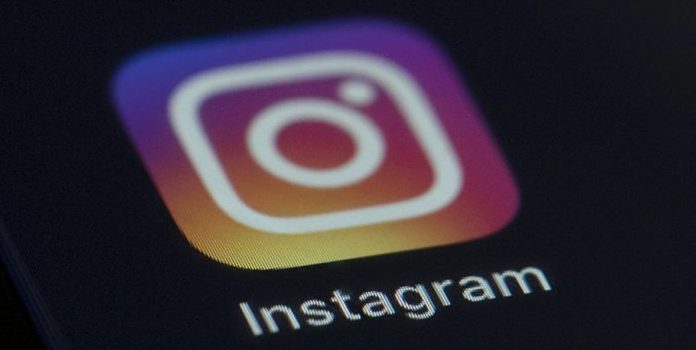(Dmytro “Henry” Aleksandrov, Headline USA) It was revealed in a Dec. 27, 2023, study by Harvard University that major social media companies collectively made nearly $11 billion in advertising revenue from American minors in 2022.
To estimate the amount of money that Facebook, Instagram, Snapchat, TikTok, Twitter and YouTube generated off of advertisements targeted toward minors on the platforms in the U.S., researchers from the Harvard T.H. Chan School of Public Health analyzed market data and used public surveys and found out that around $2.1 billion of the revenue was generated by kids under the age of 12, while $8.6 billion was generated from users between the ages of 13 and 17.
“Our finding that social media platforms generate substantial advertising revenue from youth highlights the need for greater data transparency as well as public health interventions and government regulations,” Amanda Raffoul, lead author of the study and instructor in pediatrics at Harvard Medical School, wrote.
It was also discovered that, in 2022, YouTube had the highest quantity of underage U.S. users at 49.7 million, followed by TikTok and Snapchat at 18.9 million and 18 million, respectively.
The researchers wrote that YouTube amassed nearly $1 billion in ad revenue from users under 12, which is the highest in that category among the social media companies. Instagram generated the largest amount of ad revenue from users aged 13 to 17, at $4 billion. Snapchat had the highest share of its total ad revenue from minors last year, which is 41%. TikTok and YouTube had 35% and 27%, respectively.
Some of the states tried limiting minors’ exposure to social media platforms, among which was Utah which passed two bills in 2023 that added age restrictions and required parental consent and age verification to access the sites, according to the Daily Caller.
As expected, a trade group that represents TikTok, Snapchat, Meta and Twitter sued the state, arguing the restrictions violate the First and Fourteenth Amendments, adding that they infringe on free expression rights and access to public content.

